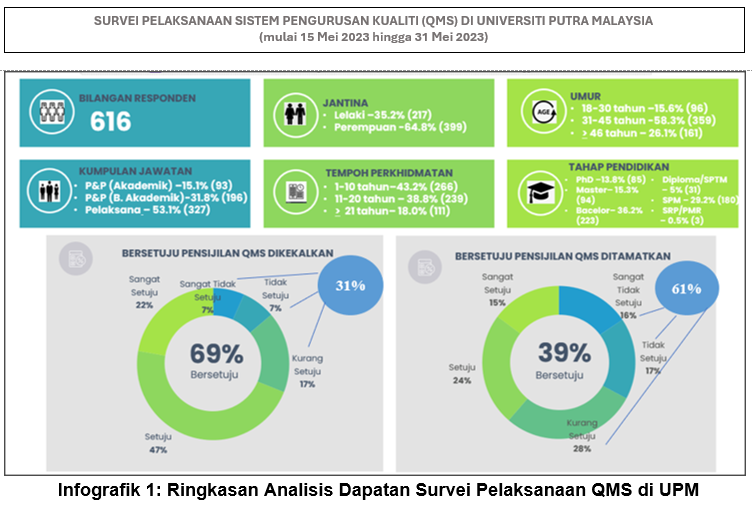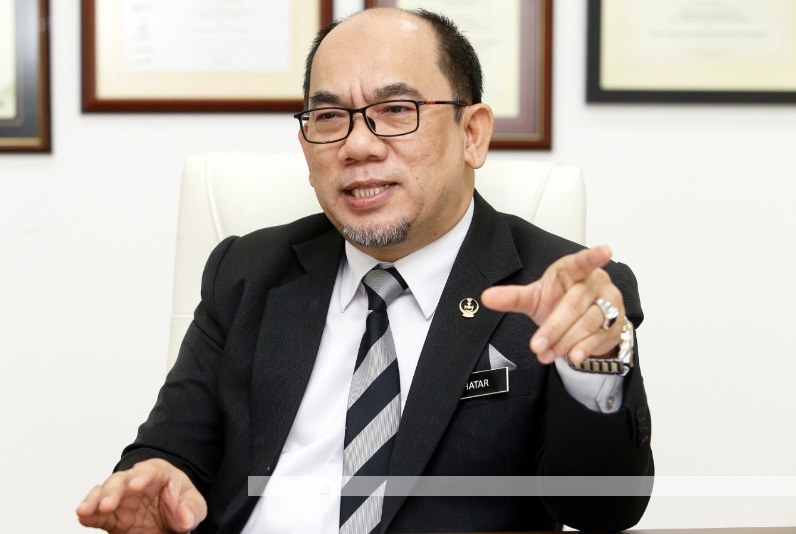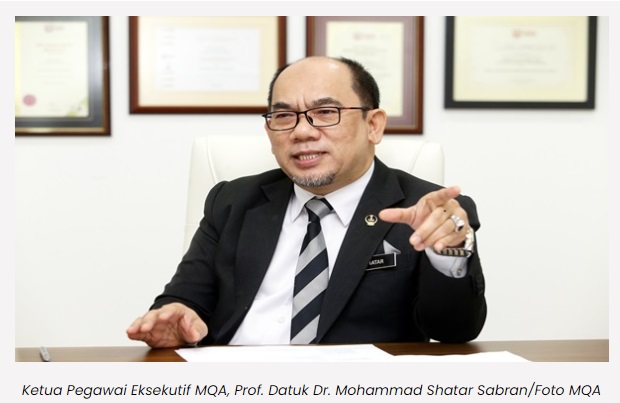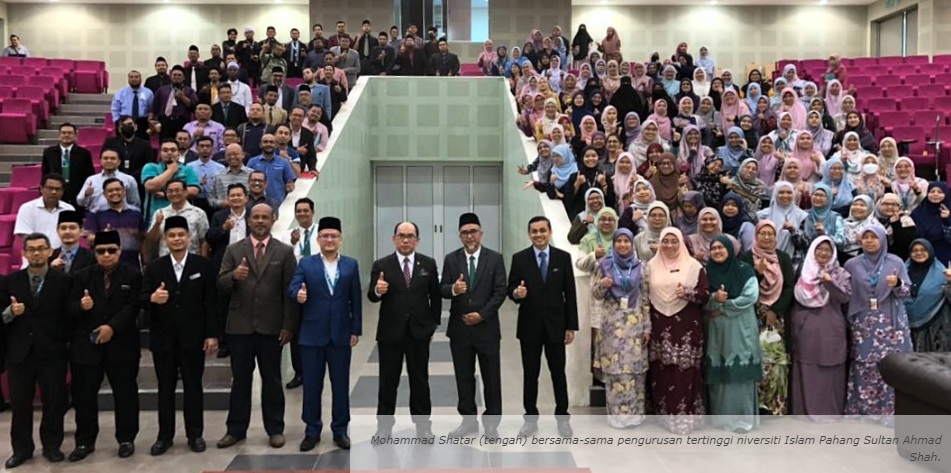|

Professor Dr. Amin Ismail is the Director at the UPM Quality Assurance Center. He has extensive experience in service quality management as well as academic and accreditation quality management at UPM, in addition to being actively involved in service, academic and accreditation quality management at the national, regional and international levels. As an academic officer in the Department of Nutrition, UPM Faculty of Medicine and Health Sciences, his expertise is in the field of Food Chemistry and Biochemistry; Nutrient Analysis; and Development of Malaysian Food Composition Database.
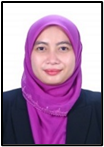
Associate Professor Dr. Noor Syamilah Zakaria is the Deputy Director at the UPM Quality Assurance Center. He has extensive experience in service quality management as well as academic and accreditation quality management at UPM, in addition to being actively involved in service, academic and accreditation quality management at the national, regional and international levels. As an academic officer in the Department of Counselor Education and Counseling Psychology, Faculty of Education Studies UPM, his expertise is in the field of Counselor Education and Supervision; Guidance and counselling; Counseling Ethics Education; and Moral Education.
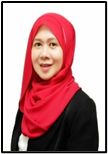
Puan Haslida Hassan is the Deputy Registrar and Head of the Service Quality Management Division at the UPM Quality Assurance Center. He is a personnel with extensive experience in the quality management system and information security management system at UPM.
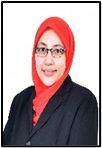
Mrs. Zenaida Md. Zenon is a Senior Assistant Registrar and Head of the Quality Audit Section, Service Quality Management Division at the UPM Quality Assurance Center. He is a personnel with extensive experience in the quality management system at UPM.

Puan Shamriza Shari is a Senior Assistant Registrar and Head of the Documentation Section, Service Quality Management Division at the UPM Quality Assurance Center. He is a personnel with extensive experience in the information security management system at UPM.

Puan Siti Fatimah Hasim is an Assistant Senior Administrative Officer at the Service Quality Management Division, UPM Quality Assurance Center. He is a very experienced personnel in the management of the quality management system at UPM.
|













